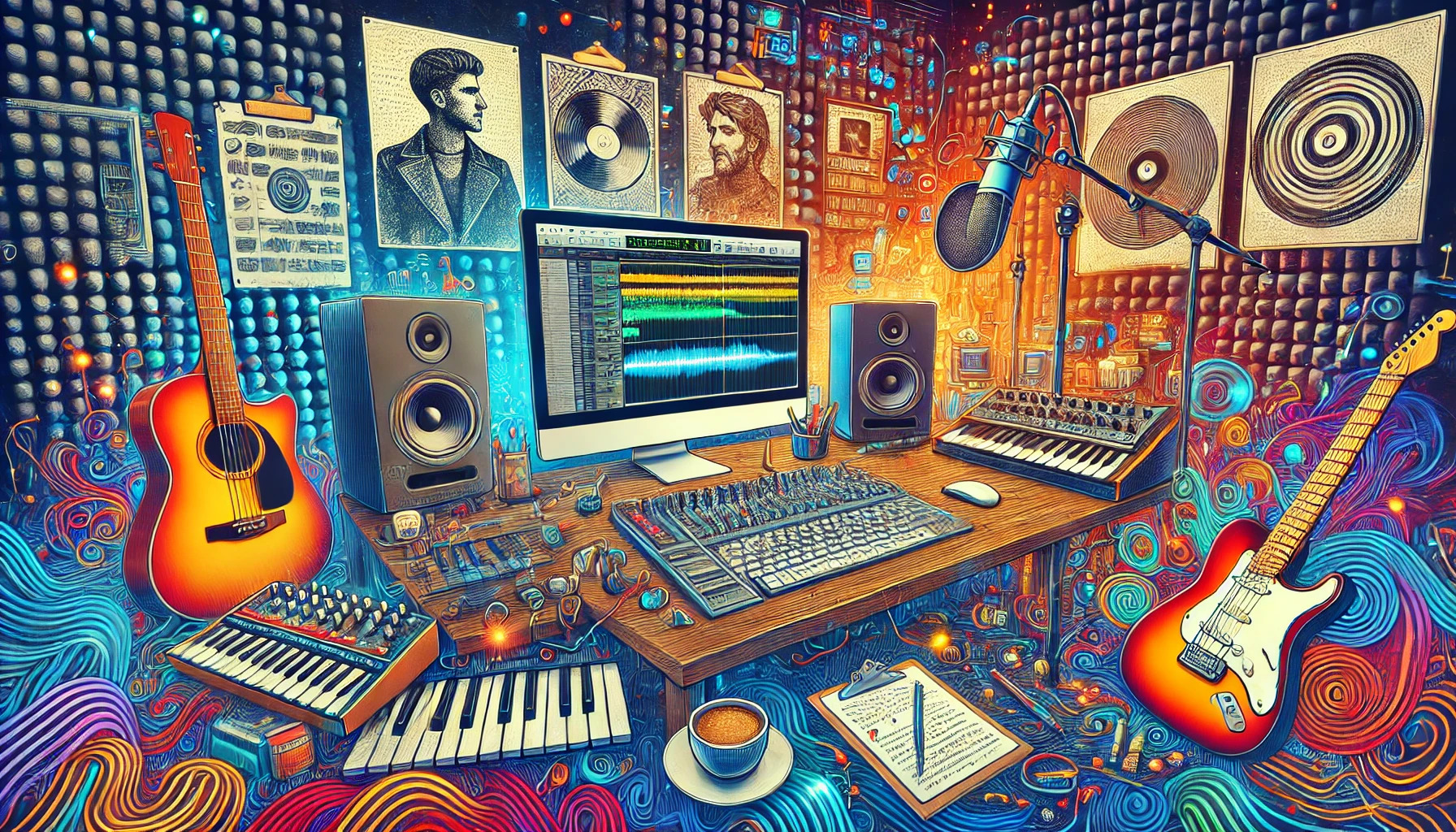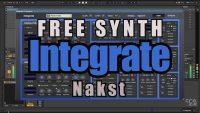Hey there, future music mogul! Have you ever thought about taking the reins of your music production journey and doing it all yourself? From composing to mixing and mastering, learning to use tools like EQ, compressors, and reverb might sound like a lot. But trust me, it’s a journey worth embarking on. Here’s why diving into the DIY approach will make you a more well-rounded and independent artist.
The Groove of Composition
Let’s start with the heartbeat of your music: composition. Crafting your own tunes lets you channel your inner Mozart or Jimi Hendrix. Picture this: you’re sitting at your keyboard or strumming your guitar, creating melodies that are uniquely yours. Learning music theory might seem like a drag, but it’s the secret sauce to turning your ideas into masterpieces. Think of it as your musical GPS, guiding you through chords and scales to create something truly special.
Mixing: Finding the Perfect Blend
Next up, mixing – where the magic really happens. Mixing is like making a delicious smoothie. You’ve got your main ingredients (vocals, guitars, drums) and now you need to blend them just right. Here’s the lowdown on some essential tools:
- EQ (Equalizer): Think of EQ as your tone control. It helps you shape the sound by boosting or cutting frequencies. Got a boomy bass? Dial it down with EQ. Want those vocals to shine? Boost the mids!
- Compressor: This bad boy evens out your sound. It squashes the loud bits and brings up the quiet parts, giving your track a polished, professional feel. Imagine a DJ smoothly transitioning between tracks – that’s what a compressor does for your mix.
- Reverb: Ever notice how some songs feel like they’re being played in a grand hall? That’s reverb at work. It adds space and depth, making your track sound like it’s live from a concert hall or a cozy club.
Mastering the Mastering
Finally, we hit the mastering stage – the cherry on top of your musical sundae. Mastering takes your mixed track and makes it sound great on every speaker, from your car stereo to your headphones. It’s all about fine-tuning and polishing the overall sound. You’ll dive into tools like limiters and multiband compressors, and while it sounds technical, it’s what makes your track ready for the big leagues.
The Long and Winding Road
Sure, learning all these skills takes time. But here’s the deal: every hour you spend tweaking and perfecting your tracks is an investment in your craft. You’re not just making music; you’re becoming a music wizard, a sonic architect. And the best part? You’re in control. No more waiting on someone else’s schedule or compromising your vision. It’s all you, baby!
The Payoff: Independence and Growth
By doing it all yourself, you gain more than just technical skills. You build confidence, develop a unique sound, and earn the respect of your peers. Plus, you save money and avoid the hassle of hiring others. It’s your music, your way.
So, crank up your creativity, dive into those tutorials, and start experimenting. The road might be long, but the journey is filled with rhythm, harmony, and a whole lot of learning. You’ve got this!
![]()











